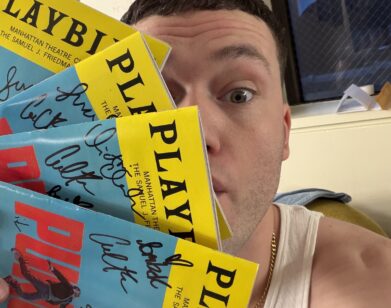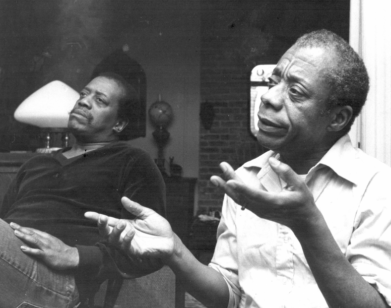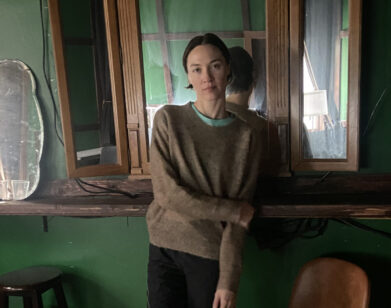rough draft
Taylor Jenkins Reid Makes the Case for “Chick Lit”
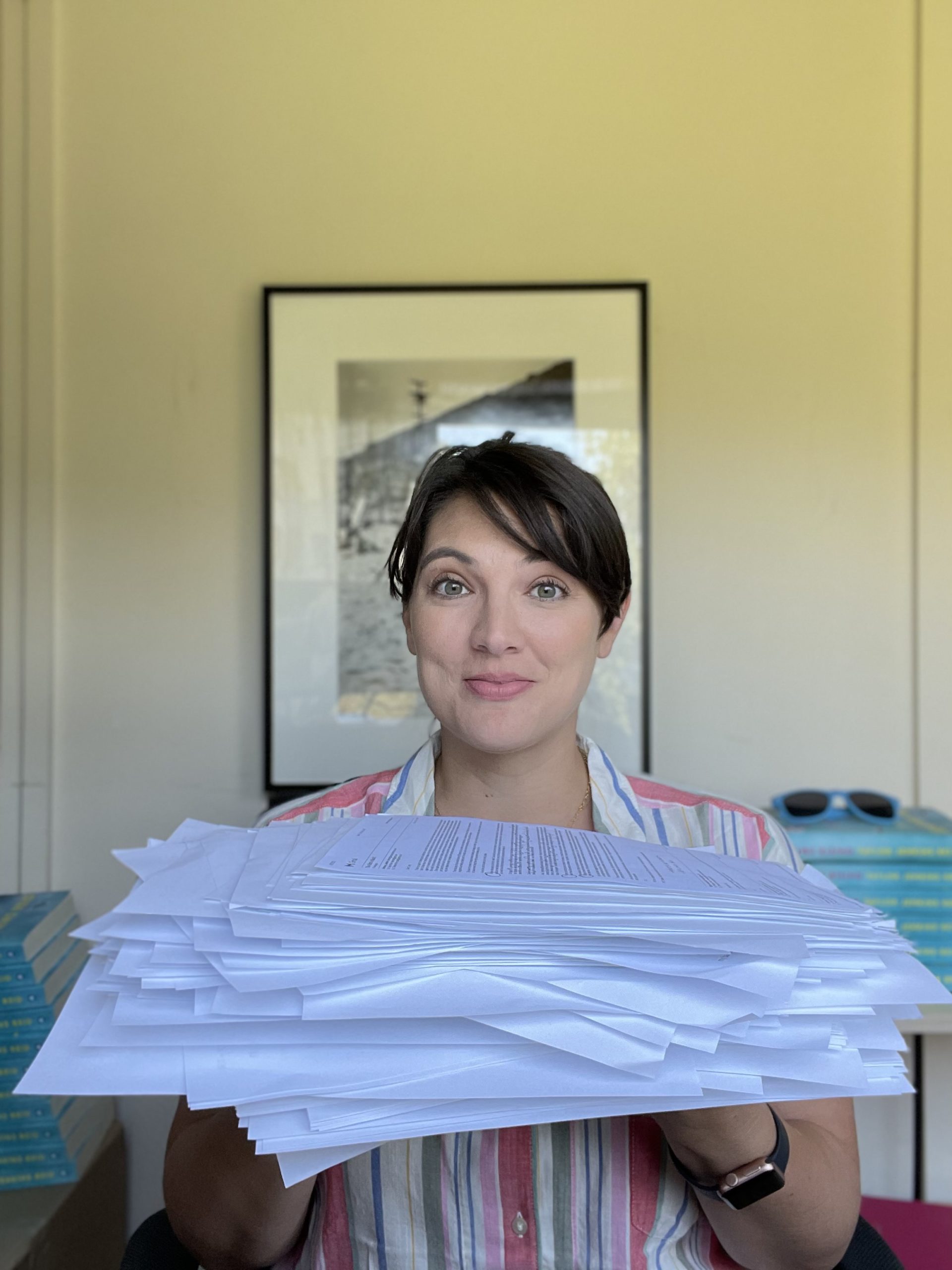
This is Rough Draft, in which our favorite writers get to the bottom of their own craft. From preferred writing drinks to whether or not you really need to carry a notebook, we find out all the ways they beat writer’s block and do the work. This week, we speak with the author Taylor Jenkins Reid. Two years after releasing her New York Times bestselling novel Daisy Jones & The Six, Jenkins Reid is back with Malibu Rising. In this suspenseful beach read, four siblings throw a party to celebrate the end of summer and by morning, their entire mansion is mysteriously burned to the ground. Before settling in with Malibu Rising, uncover the process that helped Jenkins Reid bring it to life.
———
JULIANA UKIOMOGBE: Describe your ideal writing atmosphere. What gets you in the mood?
TAYLOR JENKINS REID: I need a quiet space and to feel settled. Those things used to be easy until I had a kid, now they are in short supply. Writing now is a bit more down and dirty, I make it happen with whatever time I’ve got.
UKIOMOGBE: Do you eat or drink while you write? If so, what do you like to have?
JENKINS REID: If the writing is coming easy, I just need my iced tea. But if I’m stuck and it’s taking mental power, I somehow end up in the kitchen grabbing any carb I can find. I have perfected the art of eating with one hand and typing with the other.
UKIOMOGBE: Do you ever smoke or drink while you write?
JENKINS REID: I’m not a smoker or a drinker and so I end up going through the entire process stone-cold sober, which, I’m just now realizing, is a terrible idea.
UKIOMOGBE: Do you keep a notebook and/or journal?
JENKINS REID: I do. I actually have a number of different notebooks at one time. I have my general notebook where I put my to-do lists for each day. And then I have notebooks for each project, filled with research, plot ideas, and numerous pages on which I’ve scribbled dates and ages, trying to figure out how old a character was back in 1974.
UKIOMOGBE: What’s your favorite quote?
JENKINS REID: As a teenager, I was obsessed with the quote: “Everybody wants to be Cary Grant, even Cary Grant,” said by, of course, Cary Grant. I think that’s the very essence of what I’ve been writing about for three books now.
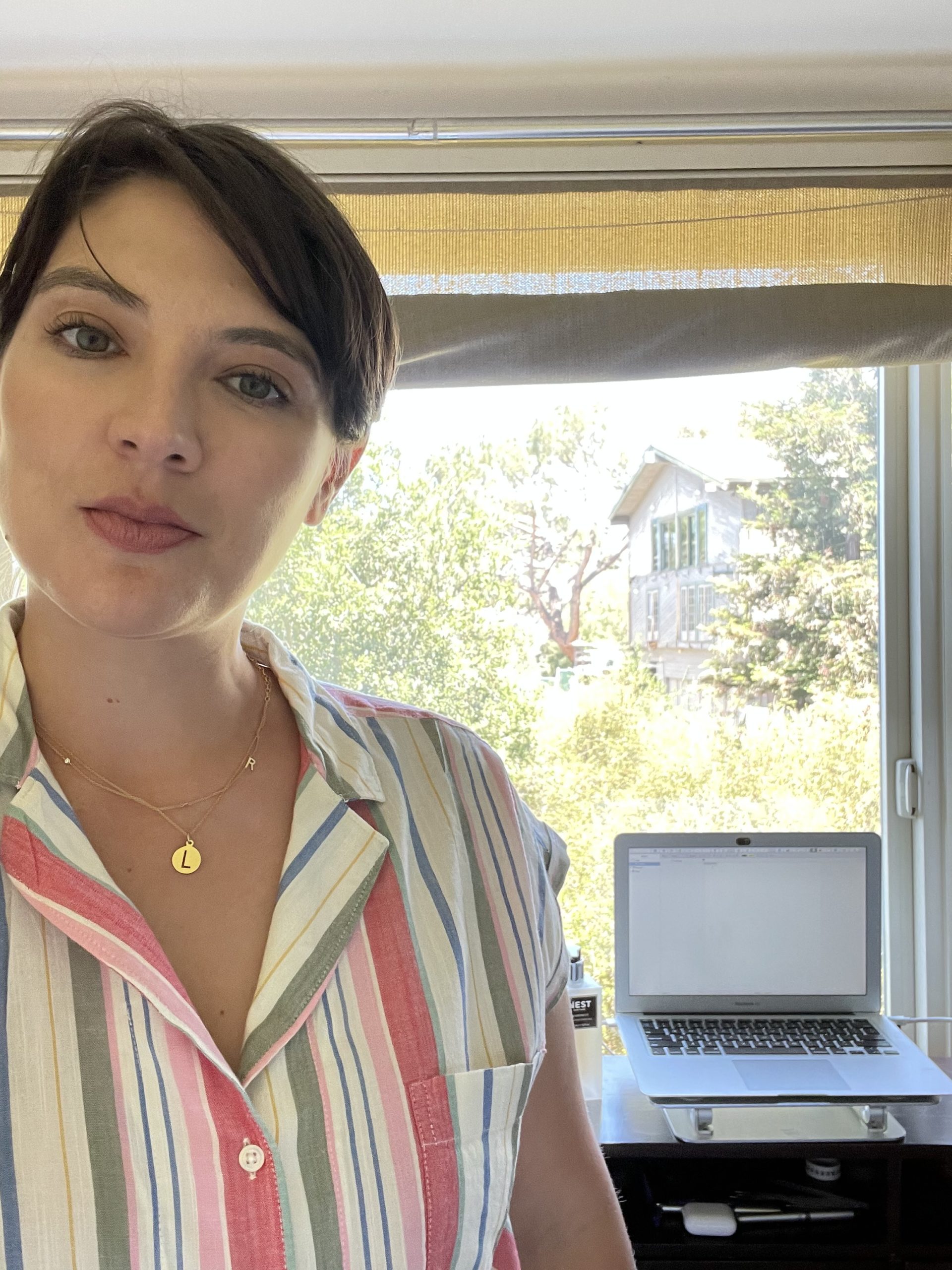
UKIOMOGBE: Whose writing do you always return to?
JENKINS REID: I return to myth, I think. The retelling of tales as old as time. And Madeline Miller is doing a beautiful job lately of bringing this work to life in a new and vivid way.
UKIOMOGBE: What books did you read as a kid/teen? Have your thoughts about the writers changed?
JENKINS REID: I read a lot of what they called “chick lit” when I was a teenager. And my feelings on female writers, female characters in search of romance, female humor, and the ways in which society has both maligned and commodified the complexity of womanhood is a thing I change my mind about daily.
UKIOMOGBE: Do you read while you’re in the process of writing?
JENKINS REID: I do! I used to not be able to. I was too worried I’d be influenced by another voice. But I find that if you read widely that’s less likely to happen. Lately, I read a lot of celebrity biographies and I somehow keep finding more and more inspiration.
UKIOMOGBE: How many drafts of one piece do you typically write?
JENKINS REID: So many I lose track! But I know that my agent and editor usually see my fourth or fifth draft. And then I draft again one to four times from there, depending.
UKIOMOGBE: What would the title of your memoir be?
JENKINS REID: Wow, She’s Trying Too Hard: The Taylor Jenkins Reid Story.
UKIOMOGBE: Can a movie ever be as good as the book?
JENKINS REID: Absolutely movies can be as good as books! I think books are, by nature, a more intimate experience. And so movies have to work harder to be as good. But there are some adaptations that have been spectacular. Sally Rooney’s Normal People, which she helped adapt, is a great example. Barry Jenkins might just take the prize for most beautiful adaptations lately.
UKIOMOGBE: Do you consider writing to be a spiritual practice?
JENKINS REID: I’m not sure that I do. I find it to be a very pedestrian sort of practice. It requires sitting at your computer and typing, consistently, even when it’s not coming, even when it’s impossible. But at the same time, I can’t deny that there is some sort of magic in it all. I hear my characters’ voices in my head. I’m often typing what they will say next before I know what it is. That comes from somewhere, right? So maybe it is.

UKIOMOGBE: Which writers would you choose to have dinner with, living or dead?
JENKINS REID: Maya Angelou, F. Scott Fitzgerald, Nora Ephron, and James Baldwin.
UKIOMOGBE: What advice do you have for people who want to be better writers?
JENKINS REID: Read and read widely.
UKIOMOGBE: What are some unconventional techniques you stand by?
JENKINS REID: Be bad! Let your first drafts be trash. Look that terrible page right in the eye and know that it does not define you. Your best pages define you. And you may not be able to get to them without the trash.
UKIOMOGBE: Can great writing save the world?
JENKINS REID: Oh, geez, that’s a big one. If it hits the right hearts, yes, I think absolutely.

